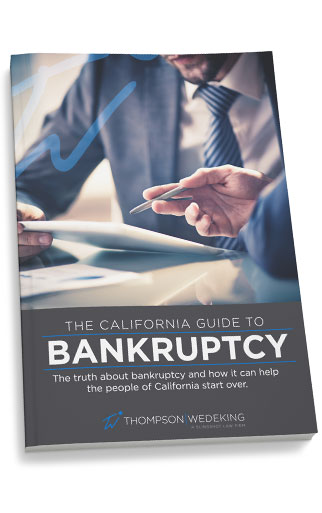
There can be a lot of challenges that stand between a couple and happiness. One of them may actually be setting a budget. Both people involved must understand that this is an important step for them as a couple and for their future together.
First, set a date to talk about the budget. This makes it more official than just discussing it in passing. Whether you want to go to a nearby coffee shop, the library or at your place, be sure a date and time is in the calendar.
One of the main reasons setting a budget with your significant other can be so hard is that you both need to be honest about future goals. Do they involve a home (perhaps your first together)? A pet? A child? These are things that must be out in the open so the budget can put money aside for them.
Next, make sure your priorities are straight. Now may not be the time to put money aside for a new place if one of both of you are still being crushed by student loans or need to work on building up from years of bad credit. The latter is especially important because it will affect how much you actually spend on things in the future.
As a team, discuss which habitual costs you can get rid of. A lot of times this means cable, but it might also mean something like eating out on a weekly basis. You might even find that two cars are unnecessary.
Lastly, set a future date to reassess the budget and keep doing this regularly. Budgets need to be altered over time for them to work most effectively.
While setting a budget doesn’t need to be difficult, it certainly can be if you’re doing it as a couple. However, the above should help ensure smooth sailing.
Source:
http://www.businessinsider.com/budgeting-slideshow-2012-1?op=1











